Influencer Marketing: Understanding the Basics and Crafting the Winning Strategy!
Influencer marketing agency Dubai has become a major force in marketing. With the rise of social media platforms, brands collaborate with popular individuals to reach their audience and promote products and services. This guide will help you develop a solid influencer marketing strategy.
What is Influencer Marketing?
Influencer marketing involves partnerships between businesses and individuals with large, engaged online followings. These individuals (influencers) leverage their influence to promote products and services to their networks. Traditional advertising is becoming less effective, while influencer marketing offers a more targeted approach that resonates with consumers.
The Different Types of Influencers
- Micro-influencers: Everyday social media users with engaged followings (typically 1,000-10,000 followers). Collaborations with micro-influencers are often more cost-effective than with celebrities.
- Celebrity (Macro) Influencers: Big-name stars with hundreds of thousands or millions of followers. While expensive, they allow brands to reach a large audience quickly.
- Nano Influencers: Individuals with small but highly engaged followers (less than 1,000 followers).
Effective Platforms and Formats
Influencer collaborations can occur on various channels, depending on your target audience. Here are some popular platforms:
- TikTok
- Snapchat
- YouTube
- Blogs
Why Use Influencer Marketing?
Here are some of the benefits of influencer marketing:
- Increased effectiveness compared to traditional advertising
- Humanizes marketing and adds authenticity
- Shared effort between brand and influencer for campaign success
- Appeals to younger generations who trust influencers
- Highly targeted reach
- Cost-effective way to reach new audiences
- Measurable ROI
How to Build a Solid Influencer Marketing Strategy?
Here are 6 steps to build a successful influencer marketing strategy:
1) Set Campaign Goals
Define SMART goals (Specific, Measurable, Attainable, Relevant & Time-bound) for your campaign. Common goals include reach, traffic, and sales.
2) Define Your Target Audience
Identify your ideal customer to ensure your campaign reaches the right people. Focus on specific segments for maximum engagement.
3) Define Campaign Messaging and Brief
Develop clear messaging that aligns with your goals. Create a campaign brief that outlines your goals and expectations for influencers.
4) Set a Budget
Influencers typically require compensation. Consider influencer fees and product costs when determining your overall budget.
5) Find the Right Influencers and Reach Out
Choose influencers who align with your brand and target audience. Tools like BuzzSumo and Upfluence can help you find suitable influencers.
6) Track Your Campaign’s Performance
Monitor engagement, traffic, and sales to measure campaign success. Use UTM parameters and trackable links to attribute results to specific influencers.
Influencer marketing agency Dubai offers a powerful tool for reaching new audiences and achieving marketing goals. You can leverage influencer partnerships to drive brand awareness and sales by developing a well-defined strategy. As influencer marketing continues to grow, it’s a strategy you should seriously consider.
